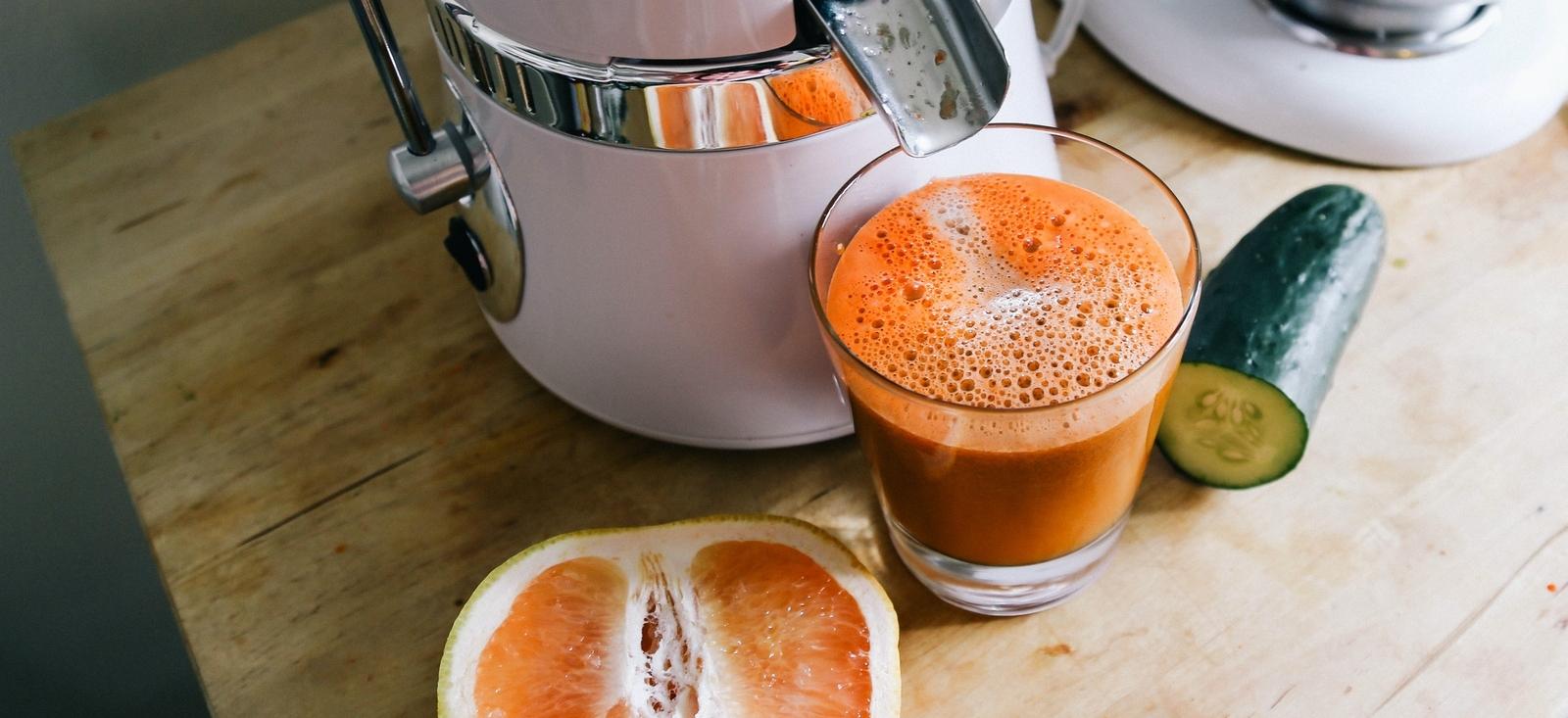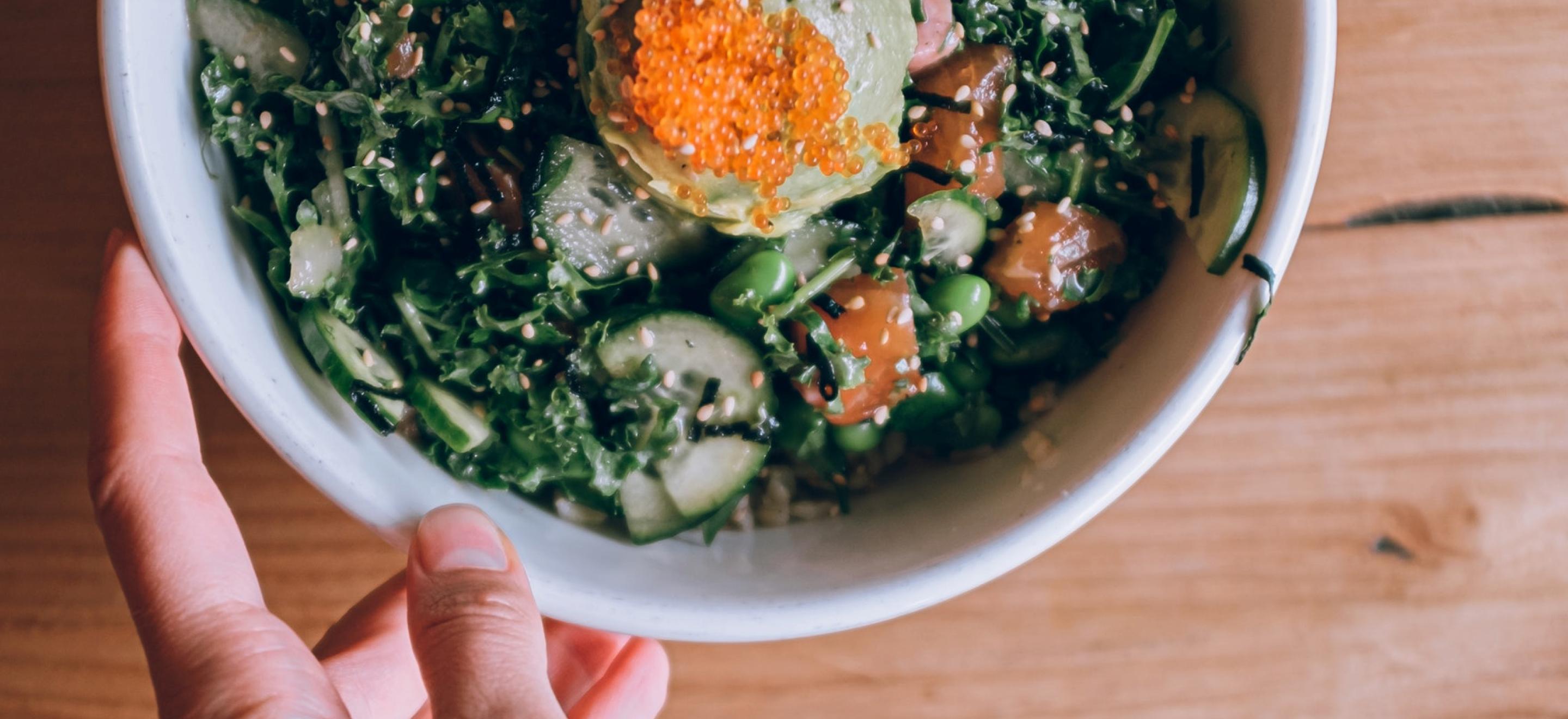
Age-related Macular Degeneration (AMD) and cataracts are the most prominent causes of visual impairment affecting millions of people. Prevention or delaying the progression of these visual defects must be planned early in life, and the easiest way to achieve this is through the consumption of balanced nutrition.
Two carotenoids, lutein, and zeaxanthin, are antioxidants that the body deposits in the macula of the eye to create a protective layer called the macular pigment. These pigments filter out harmful blue light from our eyes and protect it from the risk of visual impairment. Our body cannot synthesize these nutrients naturally, so the only way to get these nutrients is through diet or supplements.
Visual defects in which lutein and zeaxanthin may help
Age-related macular degeneration (AMD): Consumption of these nutrients can help protect against AMD progression
Cataracts: Helps in slowing down the formation of cataracts.
Uveitis: Lutein and zeaxanthin may help reduce the inflammation in the middle layer of the eyes.
Please note: Most of the studies conducted on lutein and zeaxanthin show promising results in the eye defects. However, few studies found no link between lutein and zeaxanthin intake and AMD.
Despite this, the relevance of lutein and zeaxanthin for eye care and health cannot be ignored. Here are a few benefits of these magical carotenoids for eyes.
Benefits of lutein and zeaxanthin
Helps in prevention OF JUVENILE Macular Degeneration – The genetic eye defect in which a child’s macula starts deteriorating and results in blurred central vision may be reduced with the consumption of lutein and zeaxanthin.
Improvements in visual function – The ingestion of lutein supplements for 12 weeks has shown to promote improvements in visual function. It also helps in the treatment of vision problems due to long-term exposure from computer screens.
The Age-Related Eye Disease (ARED) can be considerably controlled, prevented, or delayed with the intake of zinc, copper, vitamin C, vitamin E, omega-3 fatty acids and most importantly with the consumption of lutein and zeaxanthin food sources.
Here is a list of nutrient-rich foods to boost your eye health
Spinach – Spinach, a superfood, comes loaded with tons of nutrients and is low in calories. It comprises of protein, calcium, iron, magnesium, potassium, vitamin A, and folate. Zeaxanthin and Lutein content: 3.7 mg per cup of Spinach.
Broccoli – Broccoli is a cruciferous vegetable, which is high in nutrients like fiber, iron, potassium, vitamin C, and vitamin K. It comprises of 90% water, 7% carbs, 3% protein, and almost no fat. Zeaxanthin and Lutein content: 1.7 mg per cup of cooked Broccoli
Green Peas – Green Peas are nutritious and contain a good amount of fiber and antioxidants. It is rich in carbs, fiber, protein, vitamin A, vitamin K, vitamin C, thiamine, folate, manganese, iron and phosphorus. Zeaxanthin and Lutein content: 2.2 mg per cup of canned Green Peas.
Eggs – Hard-boiled eggs are loaded with essential nutrients, lean protein, and healthy fats and are low in calories and carbs. It comprises of vitamin A, vitamin B2 (riboflavin), vitamin B12 (cobalamin), vitamin B5 (pantothenic acid), phosphorus, and selenium. Zeaxanthin and Lutein content: 0.3 mg per 2 Eggs.
Kale – Kale is regarded as a superfood for its nutritional content comprising of protein, fiber, vitamins A, C, and K, folate, alpha-linolenic acid, and omega-3 fatty acid. Zeaxanthin and Lutein content: 23.7 mg per cup of cooked Kale.
Corn – Corn is a starchy vegetable and cereal grain that is rich in fiber, vitamins, and minerals. It comprises of carbs, protein, fat, fiber, vitamin C, thiamine (vitamin B1), folate (vitamin B9), magnesium, and potassium. Zeaxanthin and Lutein content: 2.2 mg per cup of canned Corn.
Tangerine – Tangerines are a variety of mandarin oranges that are loaded with the goodness of vitamin C along with quantities of sugar, fiber, and proteins. It also contains copper, vitamin B6, thiamine and folate. Zeaxanthin and Lutein content: 0.24 mg per medium Tangerine.
Turnip greens – Turnips boast an excellent nutritional profile and are low in calories. They are packed with plenty of vitamins and minerals, including fiber, protein, vitamin C, folate, phosphorus, calcium, vitamin K, provitamin, and folate. Zeaxanthin and Lutein content: 12.3 mg per cup of cooked Turnips.
Collard greens – Collard greens are loaded with health-boosting nutrients like vitamin A, vitamin C, and calcium. It is also a rich source of vitamin K, vitamin B-6, and magnesium. It also contains thiamin, niacin, pantothenic acid, and choline. Zeaxanthin and Lutein content: 14.6 mg per cup of cooked Collard.
Persimmons – Wondering are persimmons good for the eyes? This orange, tomato-shaped fruit native to Japan and China certainly works like a wonder for eyes and comprises of fat, sodium, carbohydrates, fiber, sugars, and protein. Zeaxanthin and Lutein content: 1.4 mg per serving of Persimmons.
Parsley – It is known as a disease-fighting plant as it offers great nutritional values and contains carbs, proteins, fats, fibers, vitamin A, vitamin C, vitamin K, folate, and potassium. Zeaxanthin and Lutein content: 10.2 mg per cup of Parsley.
Zeaxanthin and lutein consumption
The Recommended Dietary Allowance (RDA) or Recommended Daily Intake (RDI) for lutein and zeaxanthin has not been identified; however, a close approximate is available for consideration. Here are some important things that’ll help you decide the quantity – Experts suggest consumption of 6-20 milligrams (mg) of lutein, while some other studies suggest 10 mg of lutein and 2 mg of zeaxanthin per day for reduced risk of eye impairment. The amount of beta-carotene requirement is directly related to the stress levels your body endures. For instance, smokers may need more in comparison to non-smokers.Healthy fats such as olive oil, butter, or coconut oil help in the absorption of lutein and zeaxanthin.
We recommend increasing the intake of all the lutein and zeaxanthin-rich food in your diet. It also makes sense to include dietary supplements from the reputed source to ensure meeting your daily requirement for maintaining the health and beauty of your eyes.
Get the best supplements today
further reading


